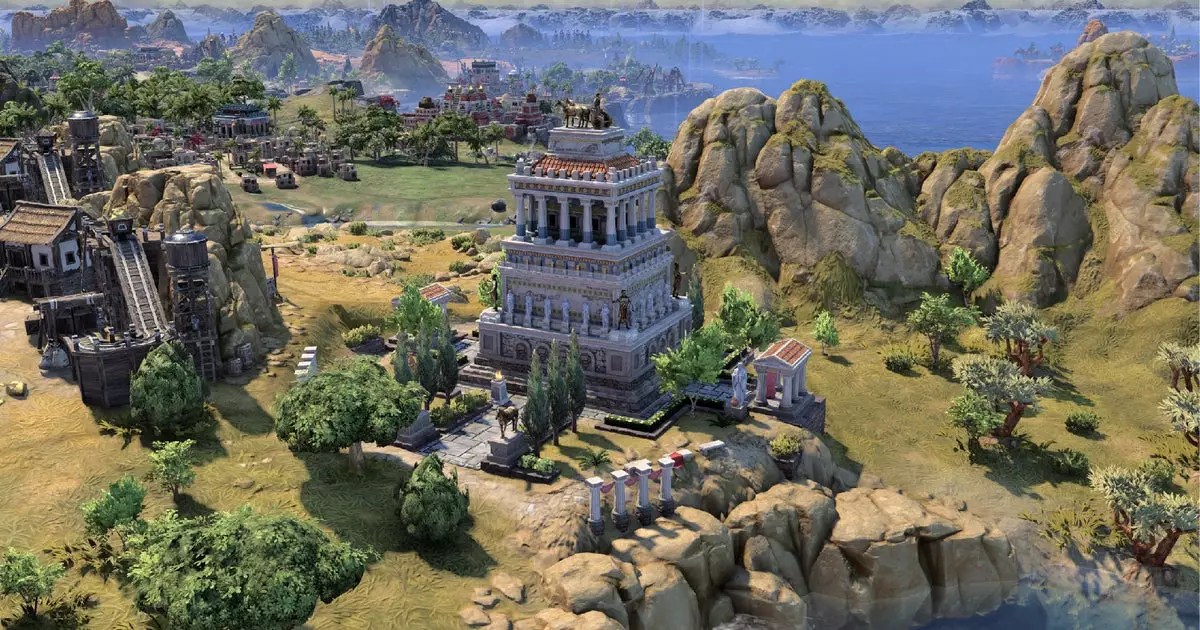The recent release of Civilization 7’s update 1.2.4 exemplifies how modern game updates are now about more than mere bug fixes—they are about redefining the entire gameplay ecosystem. Firaxis’s decision to overhaul the UI workflow, while necessary for future improvements, has inadvertently rattled the modding community, leading to widespread compatibility issues. This move signals a critical shift in how game developers approach technological upgrades, emphasizing long-term benefits over immediate convenience. Yet, it raises questions about the sustainability of such changes: are players ready to accept rough patches if they promise a polished horizon?
The developers’ acknowledgment of the extensive impact on mods demonstrates transparency; however, it also highlights a fundamental tension in gaming: balancing innovation with stability. Modding, once considered peripheral, has become integral to a game’s longevity, especially in a strategy game as layered as Civ 7. Firaxis’s rationale—that the new UI system will streamline future updates—appears sound. Still, the upheaval caused by this transition demands patience from the community. The option to revert to the legacy branch is a pragmatic bandaid, giving players control over their experience amid a transformative period.
Strategic Rebalancing and Content Tweaks: Shaping the New Meta
Beyond technical adjustments, patch 1.2.4 also delivers a series of substantive gameplay modifications that could fundamentally alter strategies. The re-tuning of wonders like Erdene Zuu and Pyramids reflects a thoughtful effort to diversify early-game options, ensuring no single wonder dominates the spotlight. Moving key wonders into different civic branches introduces fresh decision points, compelling players to reconsider their development paths. These changes inject a layer of unpredictability that can invigorate the game, forcing seasoned players to rethink long-held assumptions.
Balancing nerfs to iconic structures such as the House of Wisdom and the Gate of All Nations serve as a reminder that victory should require tactical finesse rather than reliance on overpowered landmarks. Simultaneously, buffs to structures like the Eiffel Tower and Petra suggest a desire to promote varied win conditions and territory control strategies. These nuanced tweaks exemplify a developer’s recognition that strategic diversity is vital for sustained engagement in a complex 4X landscape. It is a careful dance—nerfing what’s too powerful without discouraging use, and buffing less mainstream tactics to encourage experimentation.
Long-Term Vision: Solidifying the Foundations of an Evolving Game
The subtle yet significant changes to age transition mechanics — wherein alliances and accumulated influence ripple across turns— are particularly telling of Firaxis’s long-term agenda. These adjustments seem designed not merely to fine-tune gameplay but to fundamentally enhance the flow of diplomacy and resource management through successive eras. It’s clear the developers envision a Civ 7 that rewards strategic planning over rote expansion, emphasizing continuity and historical realism.
Meanwhile, the AI’s improved behavioral sophistication hints at a future where computer opponents are less predictable and more challenging. This signals a shift toward smarter, more engaging Artificial Intelligence that can test even expert players, pushing the boundaries of strategic mastery. Tactics like accepting or rejecting alliances will carry weight, emphasizing the importance of diplomacy as a dynamic component rather than a static act.
However, such advancements also come with inherent risks. Increased difficulty and smarter AI may turn off casual players or exacerbate the game’s steep learning curve. It underscores an ongoing debate: should strategy games prioritize hardcore mechanics and realism at the expense of accessibility? Firaxis seems to be betting on a community willing to adapt and grow with these evolutions—an optimistic stance that will undoubtedly be put to the test in the coming months.


Leave a Reply